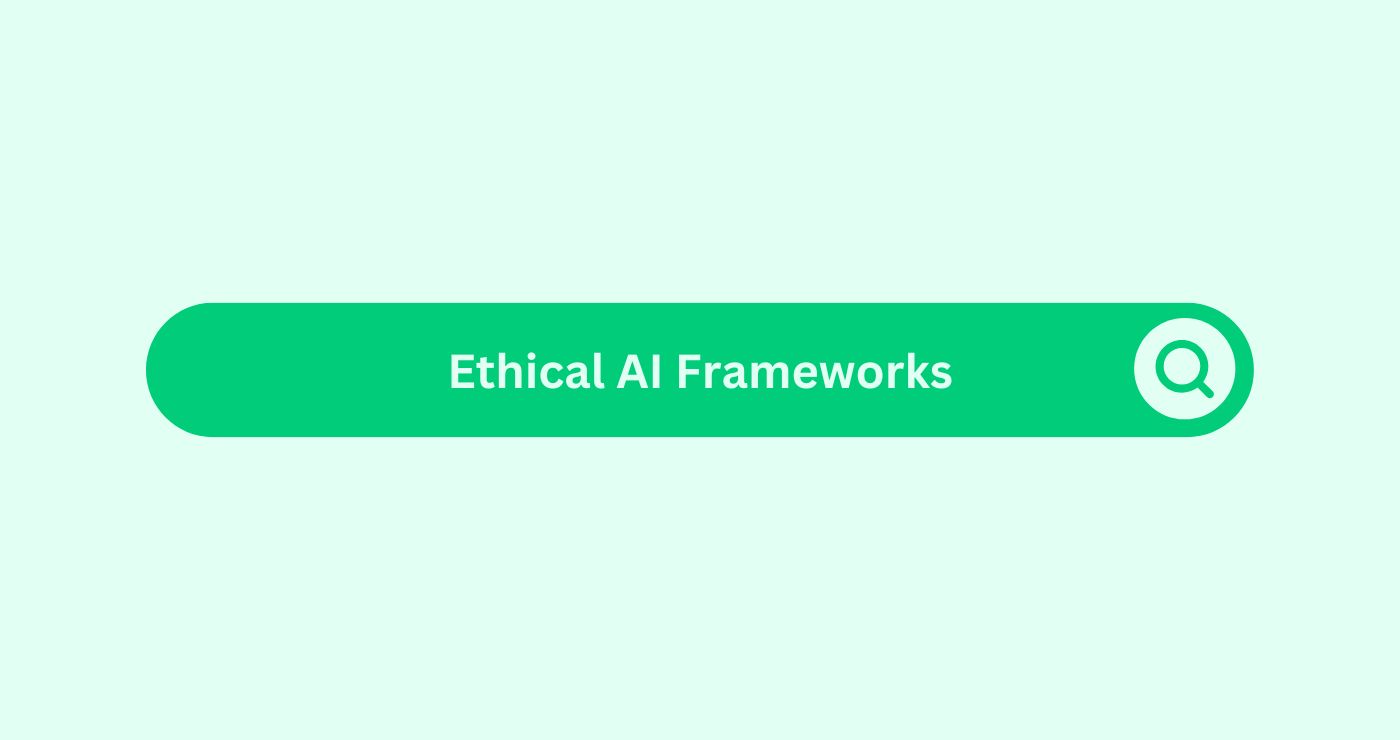Definition
Ethical AI Frameworks in AI Terms in Content MarketingDefinition Content marketing strategically creates and share... refer to a structured set of principles and guidelines that ensure the responsible development, deploymentDefinition Deployment is the release of software updates and..., and use of AI in marketing content and campaignDefinition An SEO campaign involves focused, Organised effor... systems. These frameworks help teams avoid biased messaging, misuse of data, manipulative automation, and ensure fairness, transparency, and accountability in customer interactions.
A SEO company might use such a frameworkDefinition In SEO, a framework is a structured set of tools ... to validate that their AI-generated meta descriptions don’t reinforce stereotypes or exclude minority keywordsDefinition Keywords are crucial for SEO success as they conn.... A performance marketing agency can apply ethical standards to ensure AI tools don’t profile users unfairly during ad segmentation. For a digital marketing Auckland team, an ethical AI approach ensures local content respects cultural context and privacy norms.
In short, these frameworks safeguard both your audienceDefinition The term "Audience" refers to the group of indivi... and your brand while maintaining credibility and compliance.
Example
Imagine a performance marketing agency uses an AI tool to recommend products via email. Without ethical oversight, the system starts favouring high-value male shoppers, unintentionally sidelining female users from promotions. The team activates their Ethical AI FrameworkDefinition In SEO, a framework is a structured set of tools ..., which includes bias audits, fairness testing, and inclusion rules. The algorithmDefinition The SEO algorithm includes rules and calculations... is rebalanced to include underrepresented user segments.
Next, a digital marketing Auckland firm ensures its content generation model doesn’t automatically use Western-centric examples when addressing local audiences. Through an ethical guideline checklist, the AI adjusts tone, location references, and inclusivity in headlines—helping content remain both accurate and culturally aligned.
This level of care ensures AI supports human values while serving business goalsIn the SEO space, "Goals" refer to specific, measurable obje....
Key MetricsWhat are Metrics in the context of SEO? Metrics in SEO refer... & Formulas
Ethical performance in AI systems is measured using fairness, transparency, and inclusion benchmarks:
| Metric | Formula / Use Case | Example Output |
|---|---|---|
| Bias Detection Rate (%) | Biased Outputs / Total Outputs × 100 | 4 / 250 = 1.6% |
| Transparency Score (%) | Documented Processes / Total AI Decisions × 100 | 210 / 250 = 84% |
| Inclusivity Index | % of campaigns representing all key demographicsDefinition Email demographics provide statistical data on su... | 91% covered |
| Data Consent Alignment (%) | Verified Permissions / Data Points Used × 100 | 9,450 / 10,000 = 94.5% |
| Audit FrequencyDefinition Frequency in Social Media Marketing refers to the... (per quarter) | Number of ethical reviews per campaignDefinition An SEO campaign involves focused, Organised effor... period | 3 audits per quarter |
These help SEO companies and marketing teams keep their AI tools fair, explainable, and socially responsible.
5 Key Takeaways
- Ethical AI Frameworks guide how marketing teams build and monitor AI tools to avoid harmful bias.
- They encourage fairness, transparency, and respect for user rights across all automated processes.
- Performance marketing agencies benefit by building trust with consumersDefinition Consumers, within the context of SEO, refer to th... through non-intrusive targeting.
- Digital marketing Auckland teams use these frameworks to localise AI decisions with cultural awareness.
- Ethical oversight also protects your brand from reputational and regulatory risks linked to AI misuse.
FAQs
Why does content marketing need an Ethical AI Framework?
It ensures automated content respects privacy, avoids bias, and aligns with human values in every campaignDefinition An SEO campaign involves focused, Organised effor....
Can AI tools discriminate unintentionally?
Yes. Without oversight, models may learn and apply biased patterns from historical data or skewed user behaviourDefinition What is User Behaviour in Social Media Marketing?....
How can small teams implement an ethical AI process?
Start with simple checklists, regular audits, consent tracking, and inclusive language filters.
Do ethical frameworks reduce campaign performance?
Not at all. They actually improve long-term engagementDefinition Engagement in content marketing refers to the deg... by creating trustworthy and fair user experiences.
Are there standards for ethical AI in marketing?
While not always formalised, many agencies adopt international AI ethicsDefinition AIethics in AI vocabulary in content marketing ar... principles (e.g., fairness, transparency, privacy).




